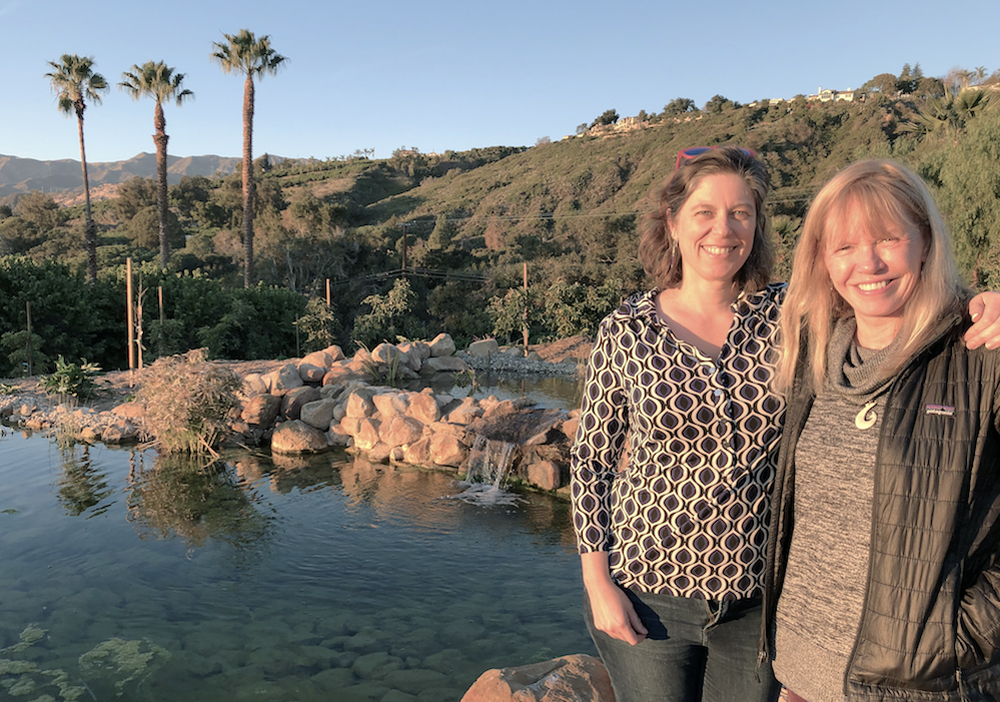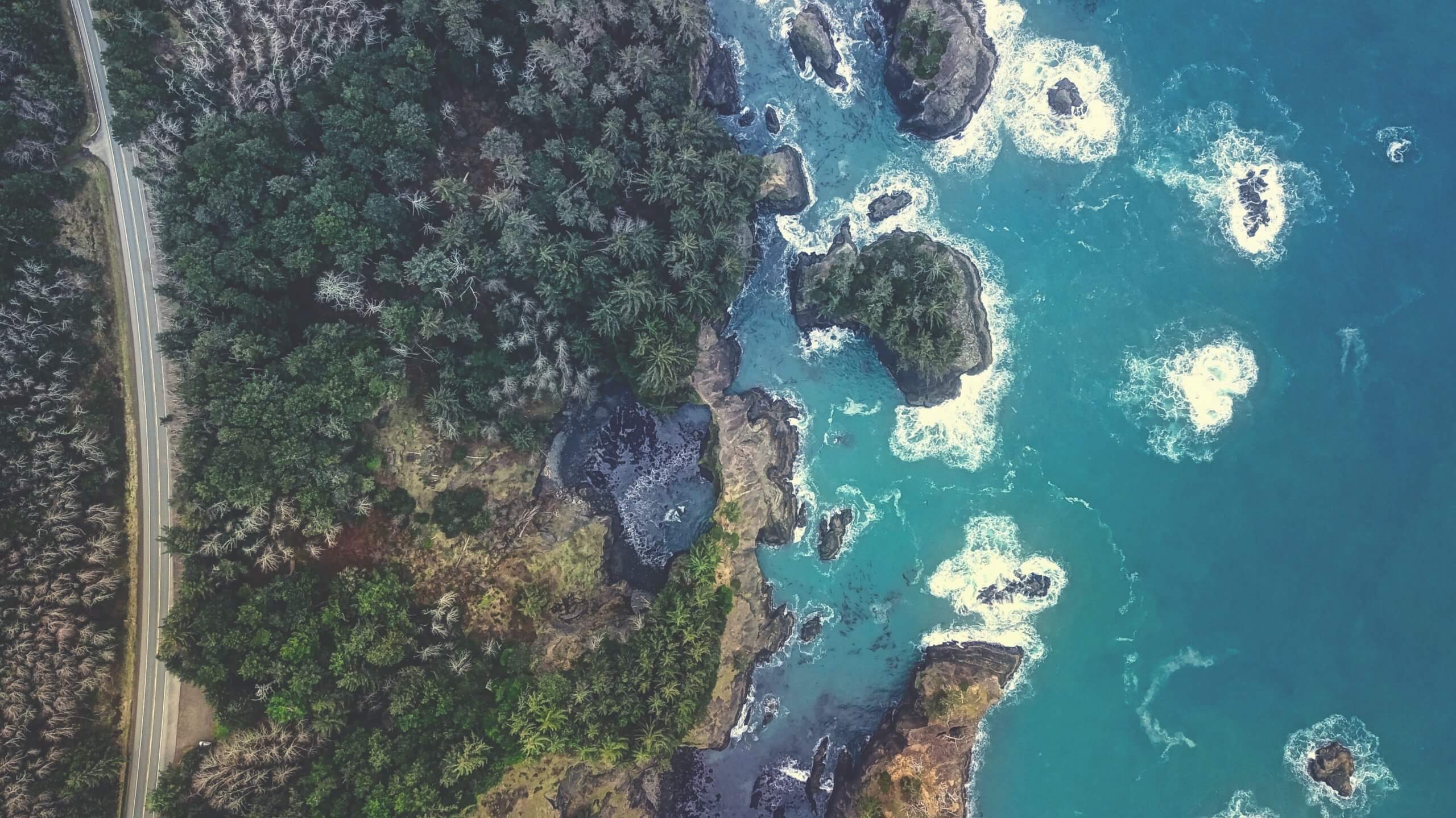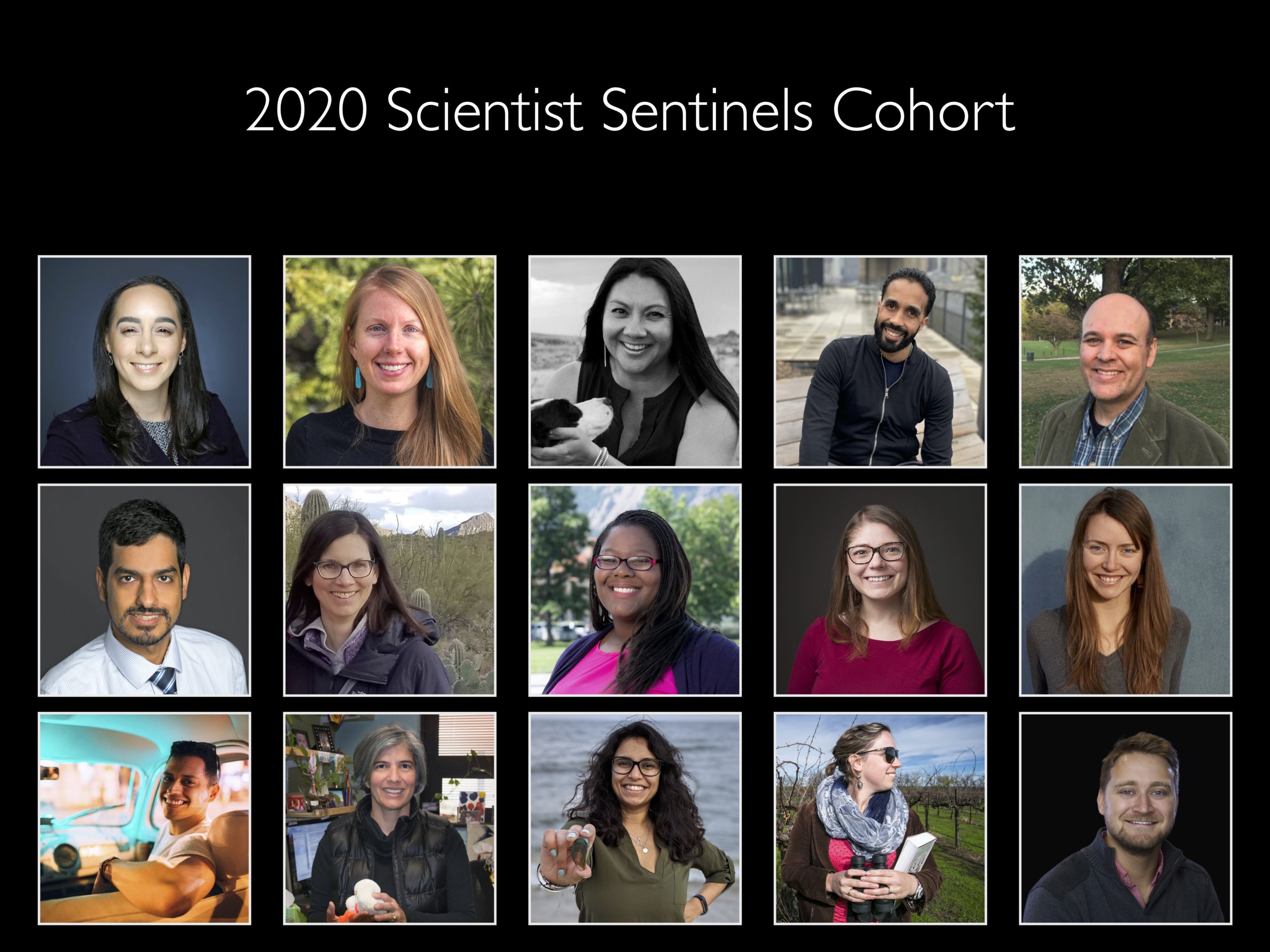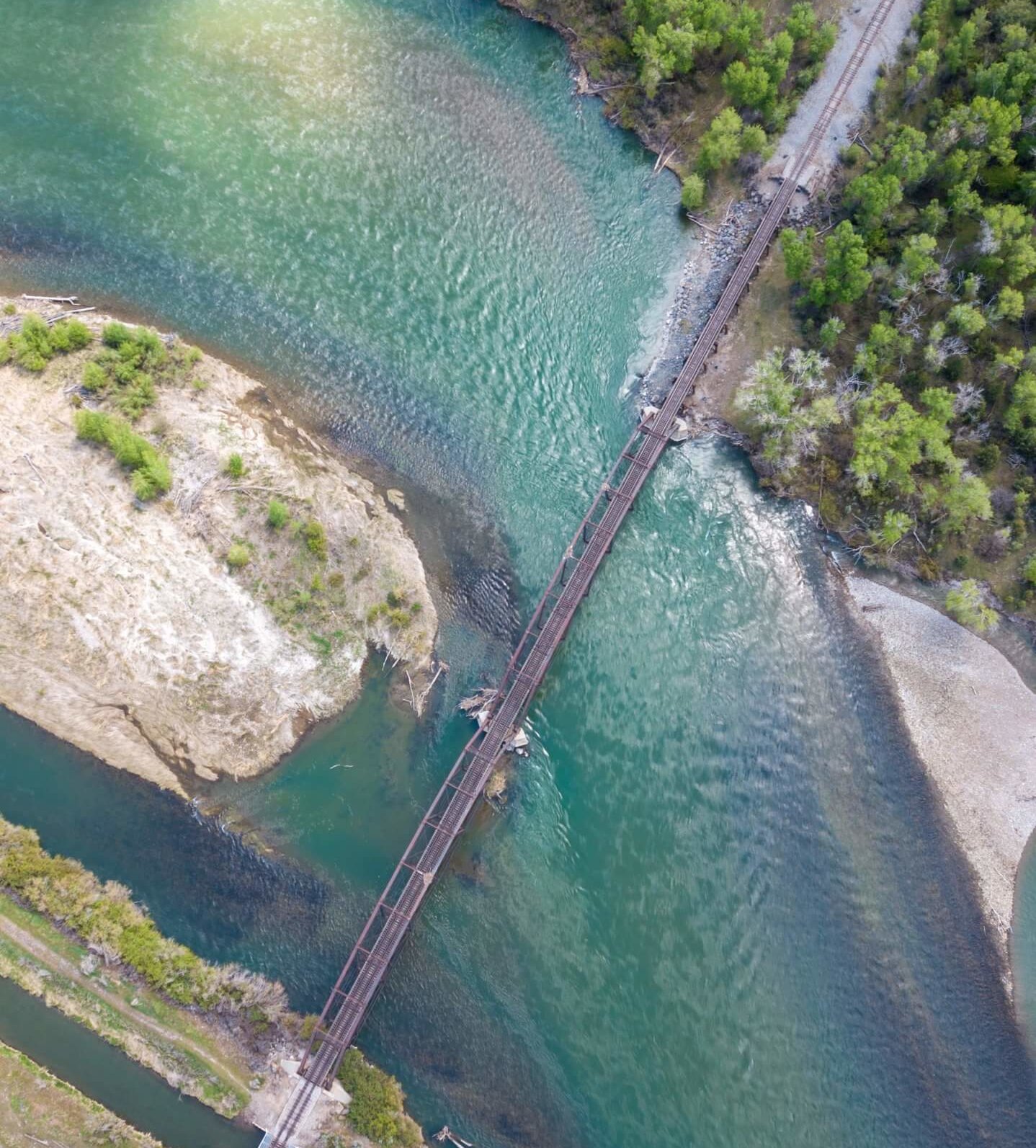Nancy Baron, Director of Science Outreach and author of “Escape from the Ivory Tower”, has been with COMPASS since just after its founding. Executive Director Amanda Stanley recently interviewed Nancy to reflect on 20 years of leadership in science communication and engagement.
What was the landscape for science communication and ocean conservation like when COMPASS began 20 years ago?
It was a time when critically important marine research was being published in the peer reviewed literature, but nobody knew about it. Scientists wanted their research to help inform society and decisions – but were at a loss as to how. Dr. Jane Lubchenco, along with others and with the help of the Packard Foundation, created COMPASS to help figure that out.
There were no paths to follow. I think we can safely say we were trailblazers in teaching academic scientists applied skills in science communication and helping them connect with the wider world of journalists and policymakers. Science communication was not yet a thing – or at least I did not know of anyone else trying to do it. I am thrilled that today the emphasis on and work in science communication has exploded.
As you reflect on 20 years of COMPASS’s work, what do you think have been our biggest impacts?
I think we have been part of a cultural shift in science. When we first started our work, the question we most often got was, “Why should we have to talk about our science?” Many scientists were apprehensive or skeptical that they needed to do more than publish their research. But with every success story of a science leader who was willing to take risks, and helped influence society, more and more were willing to try.
I am proud of the fact that many of the scientists we worked with in the early years are now leaders in science communication themselves and are creating a culture that values communicating science within their many spheres of influence – and helping address real and pressing environmental and social problems.
Now the conversation has completely shifted from why should I engage, to how do I engage? And that’s huge.
I know you have a lot of wild stories from the early days of COMPASS. Can you share one?
Here’s the story of the very first outreach effort I did when I first started with COMPASS. It was June 2000 and I can remember sitting at my desk in Monterey Bay in the middle of the night wondering what the heck I was doing. I was working with an international group of scientists about to publish a paper in Nature that asked, “What is the impact of aquaculture on the world fish supply?” No-one had ever asked that question and connected the two. And the results showed aquaculture could be a net gain – or a net drain depending on the context. We knew there was going to be backlash from industry. Now at the zero hour, some of the co-authors were panicking, understandably, for fear of losing their jobs, and wanted to take their names off the paper.
I had reached out to journalists all over the world, and tried to make a case that this paper was a big deal. The embargo was due to lift the next morning. I didn’t know what would happen – if anything. I’d never done anything like this before. I was figuring it out as we went along.
To my astonishment, there was a tidal wave of media coverage – which launched new conversations about sustainable aquaculture. Despite outrage from industry, Jane Lubchenco, one of the authors, was invited to give the opening plenary at the World Forum on Aquaculture in Hawaii. When we showed up, instead of the traditional lei, Jane was presented with a flak jacket to wear. Jane’s plenary helped open doors that had previously been firmly shut. All the authors of that paper were players in a big transformation in aquaculture. The ripples continue to this day.
As you learned from those early engagements, how did COMPASS’ work evolve?
We had a series of home runs promoting new science – and we became known for it. Scientists were excited and banging on our door. But it was a huge lift per research paper. So in order to have greater impact, we increasingly focused on helping scientists help themselves. We went from “give a man a fish, to teach a man to fish.”
We started communication trainings and leadership programs that centered on the goals of the individual scientist. I brought in journalists I’d built relationships with to help scientists be relevant, learn to distill their complex research, and seed connections. The most enduring and powerful communication programs and fellowships were designed and co-led with a strong scientist leader. This is our hallmark: we partner with scientists and help create communities of scientists who really want to change the world for the betterment of nature and people.
But we realized that scientists can’t do it all on their own. So COMPASS invested more in supporting engagement, particularly with decision-makers, creating spaces, connections, and conversations to help bridge the gap between science and policy.
I wrote “Escape from the Ivory Tower” so scientists had a practical handbook. It’s alive with the voices and stories of many scientists, journalists and the COMPASS team. Over the past 20 years, COMPASS has constantly evolved. One constant is our focus on building relationships and connections. That has been an enduring trademark of our work. I think it remains our greatest strength.
As you look to the future of COMPASS, what are you most excited about?
A big focus for the future includes strengthening our commitment to diversity, equity and inclusion so that all scientists are safe and supported in bringing their whole selves to their work. There’s magic in creating new, diverse communities of support like we are doing right now with leadership programs like the Scientist Sentinels and our next year long fellowship – Leaders for Sea Change. When I think about these scientists collaborating and making a difference in the world at this critical time – that gets me excited!



